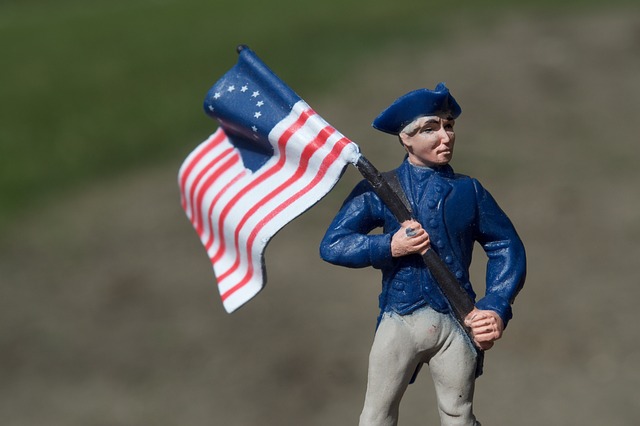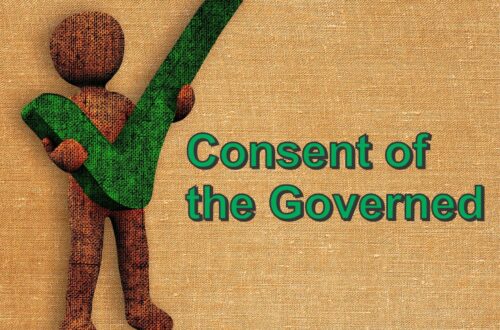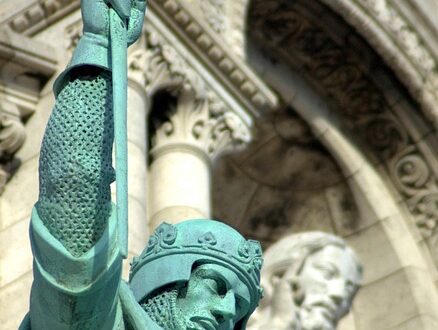In the annals of history, few figures stand as tall as the United States’ Founding Fathers. These extraordinary individuals, amidst the turmoil of the American Revolution, embarked on a daring experiment – creating a nation founded on self-rule and individual liberty. Their vision, enshrined in the Constitution and eloquently defended in the Federalist Papers, has shaped American history and continues to serve as a beacon of democracy for the world.
The Seeds of Self-Rule
Under British rule, the American colonies had long harbored a deep-seated desire for self-governance. They yearned for the freedom to determine their destiny, unshackled from the constraints imposed by distant and often arbitrary authority. The Enlightenment fueled this yearning for self-rule. This intellectual movement emphasized the inherent rights of individuals, including the right to self-government.
Inspired by these ideals, the Founding Fathers became the architects of a revolution that would transform the world’s political landscape. They recognized that self-rule was not merely a political concept but a fundamental human right, essential to the pursuit of happiness and a just society.
The Constitution: A Framework for Self-Rule
In 1787, the Founding Fathers convened the Constitutional Convention, an influential gathering that would birth one of the most enduring documents in history – the United States Constitution. The Constitution, a product of careful deliberation and compromise, established a system of government that balanced power between the federal and state levels, preventing any single entity from becoming too powerful and threatening the liberties of the people.
The Constitution enshrined the principles of separation of powers – dividing the government into legislative, executive, and judicial branches – and checks and balances, ensuring that none could accumulate excessive force. It also established federalism, a system of shared control between the national government and the individual states, allowing for a flexible and adaptable system of governance.
The Federalist Papers: A Defense of Self-Rule
The Federalist Papers, a series of eighty-five essays written by Alexander Hamilton, James Madison, and John Jay, served as a critical defense of the Constitution and the principles of self-rule. These essays, published under the pseudonym “Publius,” addressed the concerns of those who feared that a strong central government would undermine individual liberties and states’ rights.
Hamilton, Madison, and Jay argued convincingly that the Constitution, with its system of checks and balances, would protect individual liberties while ensuring a strong and effective government. They emphasized that self-rule was not about unchecked freedom but rather about a government that derived its power from the consent of the governed.
The Enduring Legacy of Self-Rule
The Founding Fathers’ pursuit of self-rule has left an indelible mark on American society. Their vision of a government by and for the people has shaped the nation’s political system, legal framework, and cultural identity.
The Constitution, emphasizing individual rights and self-governance, is a cornerstone of American democracy. Its core principles remain steadfast, providing a framework for a just and equitable society.
The Founding Fathers’ commitment to self-rule inspires generations of Americans, reminding them of the inherent right to participate in their governance and the responsibility to uphold the ideals of liberty and justice for all. Their legacy is not merely a relic of the past but a living testament to the enduring power of self-determination and the pursuit of a more perfect union.





